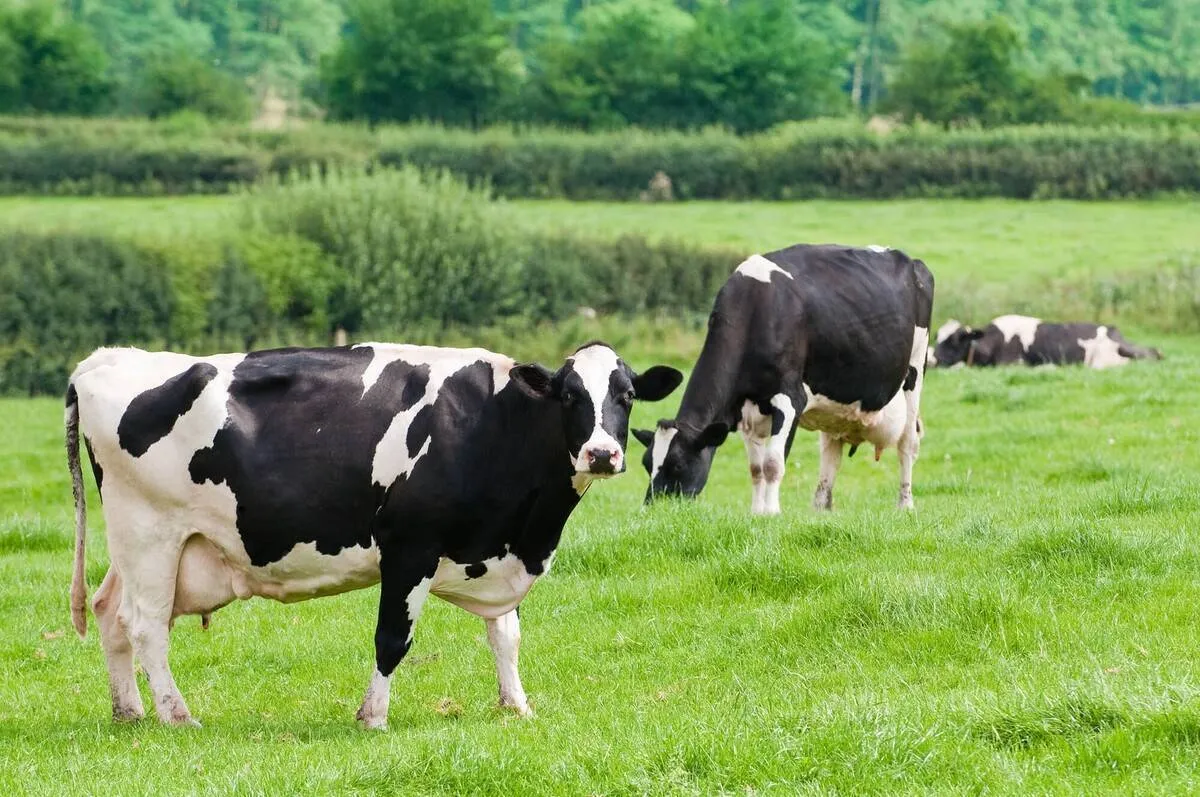Iranian Company Produces Organic Selenium, Semen Diluent with Animal Consumption

“Organic selenium is used in veterinary medicine and food industry as a semen diluent to preserve endangered species or to freeze the semen of animals like cows, horses, sheep, goats, poultry, fish, etc.,” Mojtaba Emamverdi, the managing director of the knowledge-based company stationed at the Science and Technology Park of University of Tehran.
“Organic selenium is made by modeling nature, in which sulfur is replaced by selenium in amino acid structures containing sulfur. This product (semen diluent) has been patented and allows semens to be stored longer,” he added.
Emamverdi said that these substances play a role in providing the required energy, protecting semen from temperature damage, reducing physical and chemical stress caused by cooling, freezing, and melting semens, and finally creating a suitable environment for semens to survive temporarily.
“One of the most important advantages of semen freezing is speeding up the implementation of special breeding plans, using superior breeds with higher production, easy transfer of semen from production and collection centers to artificial insemination centers, reproduction outside the production season, and preventing the extinction of endangered species,” he noted
“Also the diluents can be used to freeze semen and use it for artificial insemination to increase production and livestock and poultry breeding in Iran,” Emamverdi said.
In a relevant development last June, another knowledge-based company in Iran had also succeeded in producing embryos from high-yielding dairy and beef cows by using the in vitro fertilization (IVF) technology.
“High-yielding cows are imported to Iran from the European countries and they are then fertilized with high-fertile sperms, in a laboratory environment, and it takes ten days to transfer the embryos to livestock farms,” Mostafa Pournour Ali, a member of the knowledge-based company, told ANA.
“By using this method, we can get four embryos from a female cow in a month,” he added.
"High-yielding cows are premium breeds that can reduce production costs by 20% to 30% compared to other cows by producing more milk and meat,” Pournour Ali explained.
He added that embryo modification was carried out with the sperm received from bulls, which was time-consuming and lasted for four generations, noting that the new technology makes modification possible in the first generation.
“Also, this method can be used for the revival of the endangered species,” Pournour Ali said.
4155/v





















